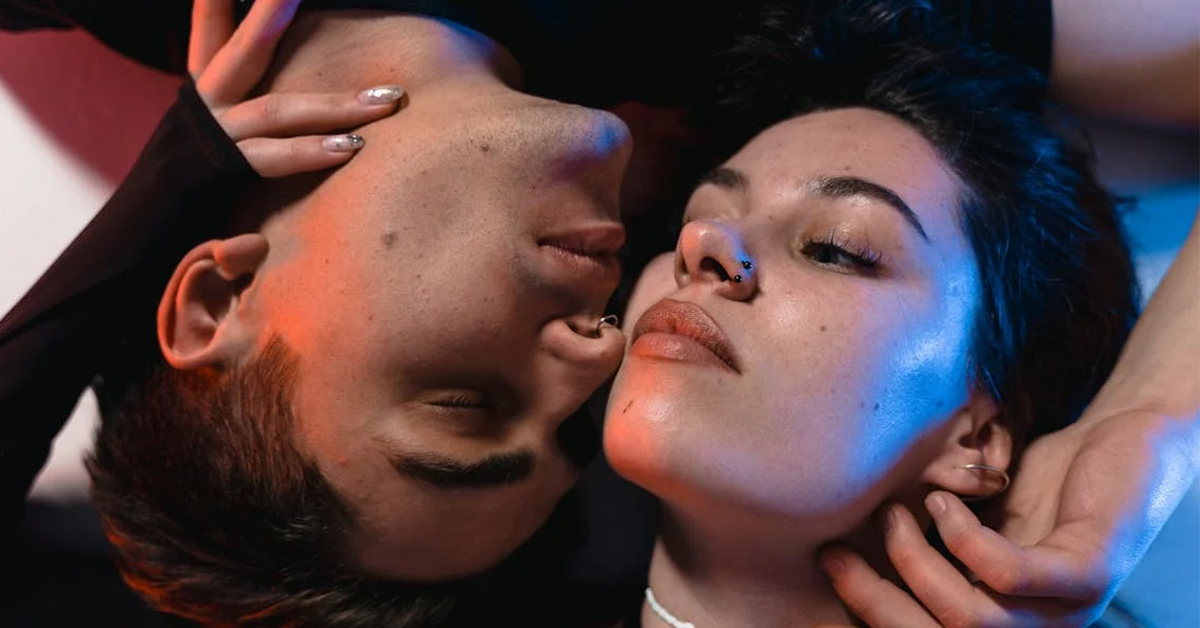Photo credit: Mart Production
What happens when two people struggling with SUD form a relationship during treatment? The outcomes are as variable as the people themselves, but it’s not uncommon for such relationships to worry us greatly. That’s the case for a regular podcast listener, who recently contacted Allies about his daughter and the relationship she formed during rehab. Here, we offer the response of a long-time friend to Allies and a caring parent, who reflects that our Loved One’s choice of partners is not up to us. What we can do, however, is manage our responses to such decisions, and seek to increase our empathy and understanding of the forces behind them—and behind the substance use in the first place.
I have been listening to your podcast for the past two and a half years (since my daughter got out of a 30-day rehab). Would you discuss “trauma bonding” in a future episode? I am learning about it after my daughter formed a relationship in rehab and began a very tumultuous year and a half with him. He recently died of drug-related issues, and although they had broken up a year earlier, they stayed in contact. She is devastated by the loss, even though she also recognizes that she is “feeling some relief and no longer feels like she’s walking on eggshells.” Would really like to hear your thoughts and try to understand. You have all been an amazing source of help, hope and strength for me as I try to take care of myself through this journey. Thanks.
Thank you for your question. My prayers go out to you and your daughter. Please note that I am not an expert on “trauma bonding” but a parent who has lived through a similar situation, in which my child formed a relationship shortly after leaving treatment with someone they met at the facility. My answer here assumes that each person in the relationship is safe—both physically and emotionally. For anyone who is not, other resources are required, as noted in Module 2.
With that established, let me say that Allies has taught me the importance of giving my Loved One the dignity of their own process. This includes the decision to form a romantic relationship with another. I may not like the decision—I may not think the “time is right” or that the person is the “best choice”—but the decision is theirs to make. I cannot control what they feel or for whom they develop feelings.
I can control how I respond to the situation…and accept that inevitable difficulties will arise. That, for me, entails a lot of work dealing with my own emotions and understanding my boundaries (what I can and cannot accept) so that I can remain present when those moments arise.
It would be disingenuous of me to argue that our situation was all bad. My Loved One’s then-partner—who eventually put themselves back into treatment—ended up playing a positive role in moving my Loved One back into treatment. Ultimately, they told my Loved One, “I’m not playing along with your lies; either ’fess up to your family or I will.” With no place left to turn, my Loved One put themself into treatment. It was the first time they entered treatment by their own initiative rather than being forced through overdosing. I have, incidentally, met parents who have encountered similar situations, i.e., their child’s partner might have been struggling but wasn’t a negative force.
Yet there is no doubt that we (my partner and I) found ourselves having to deal with two individuals who were each struggling with substance use issues. We provided my child’s partner with a lot of coaching in the use of the tools Allies provides as they tried to navigate my Loved One’s substance use and other mental health issues. My sense is that the relationship was a crutch for my Loved One, with their partner being another person they could try to manipulate.
Would my Loved One have ended up back in treatment sooner without their partner? Would my Loved One have died from the overdose that one night if the partner hadn’t been there, hadn’t come home and found them? Who knows? I think at the end of the day, it’s not really about the partner. It’s about the underlying motivation that was causing my Loved One to misuse drugs.



